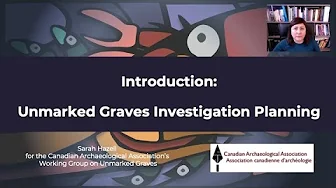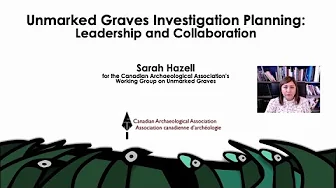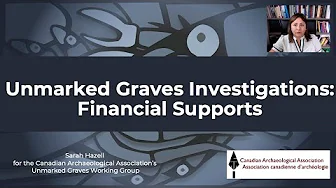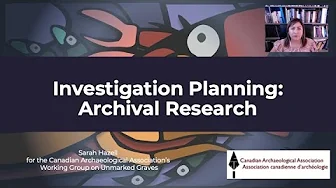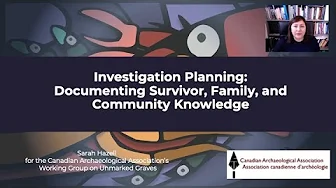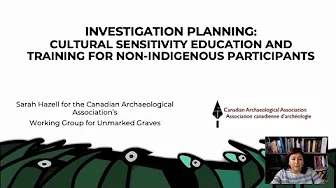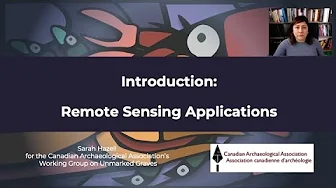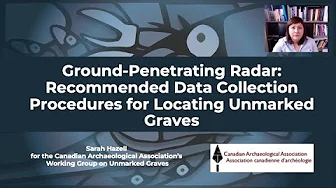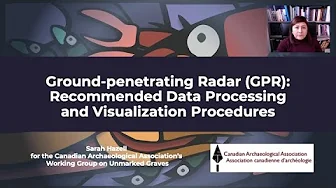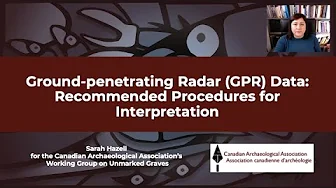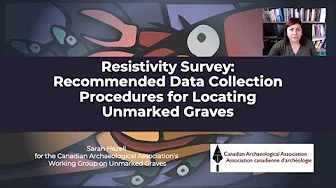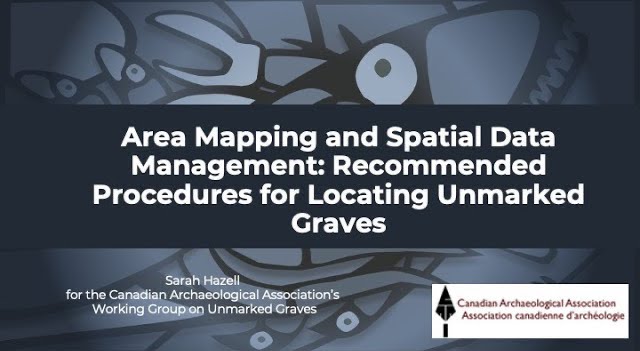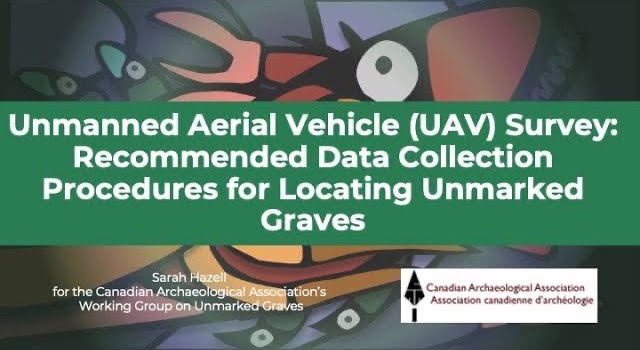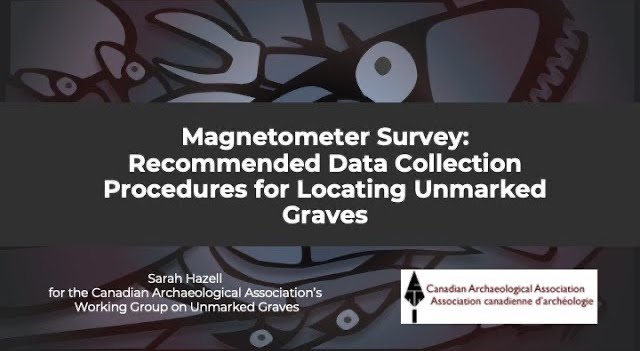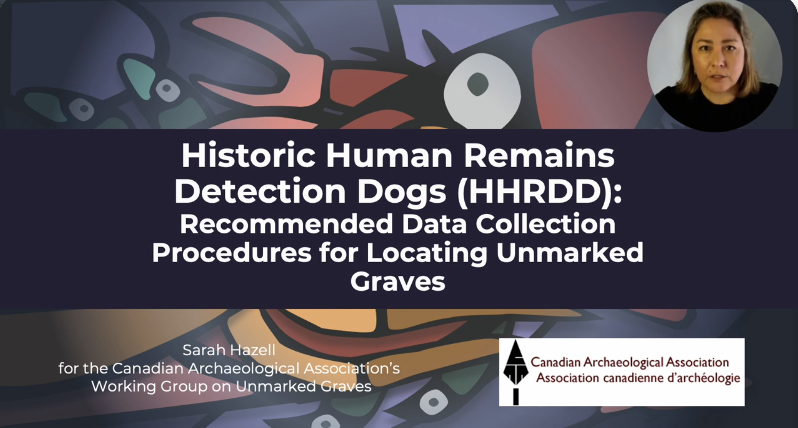The resources on this page have been developed to help Indigenous communities in their search for missing children and unmarked graves. The videos available below present the same information as the documents listed in the sidebar titled Searching for Missing Children: A Guide to Unmarked Graves Investigations and Searching for Missing Children: A Guide to Remote Sensing Techniques. Collectively, these materials contain guidance on investigation planning and ground survey techniques. They are intended for anyone with an interest in these investigations, including survivors and their families. Non-specialists may be particularly interested in the first document, Searching for Missing Children: A Guide to Unmarked Graves Investigations, and its accompanying videos, since they provide an overview of investigations from start to finish. Given the technical nature of the second document, Searching for Missing Children: A Guide to Remote Sensing Techniques, and its videos, they are intended for people with more technical knowledge such as technicians, investigation team members, and others directly involved in the search for missing children.
The CAA gratefully acknowledges funding from the Faculty of Social Science at Western University, which supported the development of the resources on this page.

